The United States Chapter of Sustainable Development Solutions Network, SDSN USA, held its annual Network Meeting on February 18-19, 2021. Throughout the two-day event, network members, partner organizations, and potential members convened virtually to receive updates on SDSN and SDSN USA initiatives, and to collaborate on solutions to the sustainable development challenges facing the US in the years ahead.
In his opening remarks, Jeffrey Sachs, President of SDSN, gave an assessment of the state of the 17 Sustainable Development Goals (SDGs) in the US today. He shared the goal of the network moving forward: to take on challenges like climate change, hunger, and inequality, and that the Network Meeting provides an opportunity to engage the network on these challenges and collaborate on how to best put the SDGs to work to achieve those goals.
Following his remarks, meeting attendees were presented with six keynote addresses from some of the leading voices in the US on sustainable development: Dr. Marcelo Suárez-Orozco, the Chancellor at University of Massachusetts, Boston; Claudia Romo Edelman, the Founder of We Are All Human; Dr. Aniket Shah, Head of Sustainability and ESG Research- Americas at UBS; Sonia Aggarwal, Senior Advisor for Climate Policy and Innovation at the White House; Mayor of Pittsburgh, Bill Peduto; and Dr. Wayne Frederick, President of Howard University. These keynotes provided expertise on a range of topics including: the future of education in the US, pandemic recovery and response, advancing racial equity, and climate action at every level of government. Each speaker had unique insight into the SDGs and the role of the network in responding to current challenges.
In addition to these speakers, SDSN USA members and partners highlighted a number of issues including education, food security, and the role of universities, cities, and communities in sustainable development, as well as SDSN initiatives like the Zero Carbon Action Plan, the Never More Urgent Report, and Tracking Progress on the SDGs. Breakout discussion sessions corresponding to these topics allowed for open dialogue between members, and the meeting closed with an opportunity for members to report back on points made in discussion sessions and share final takeaways from the event. Key takeaways, regarding the path forward for the network and points of collaboration between members, are as follows:
The SDGs will require a combined effort across local, sub-national, and national levels. US universities, cities, and states have demonstrated leadership and capacity to move this agenda at the local level. There are numerous opportunities to deepen local engagement at institution and community levels, and to connect this work nationally and across geographic scales.
Universities do, can, and must play a role in education and awareness raising on the SDGs, building capacity, and undertaking research to achieve the global agenda. There is consensus across sectors and stakeholder groups that communication and messaging remains a challenge, and that deep consideration of the US context is required for this to be actionable.
When considering specific SDGs and issue areas, innovative approaches that engage youth, citizen science, and cross-sectoral thinking are opportunities for collaborations to utilize.
Research and action on the SDGs must take diversity and equity into consideration. Data gaps and lack of clear messaging lead to missed opportunities in both our understanding of current disparities and in engagement with communities across the US who are being left behind.
The SDSN USA members expressed interest in continuing and expanding collaboration across a variety of SDG-related topics. Opportunities of high interest include: increasing access to information, educating and engaging national and sub-national leadership, and improving the capacity of the network to respond to the critical sustainable development challenges at-hand in 2021 and beyond.
The high attendance and engagement from members over the course of the Network Meeting illustrates a strong interest in, and commitment to, the SDG agenda from partners across the country, as well as an appetite to take action as a network. In 2021 and beyond, SDSN USA plans to build on this spirit to create opportunities for further engagement and collaboration across network members in pursuit of our common goals. Find a summary of the meeting here. To learn more about SDSN USA, visit sdsnusa.org or direct questions to usa@unsdsn.org.

